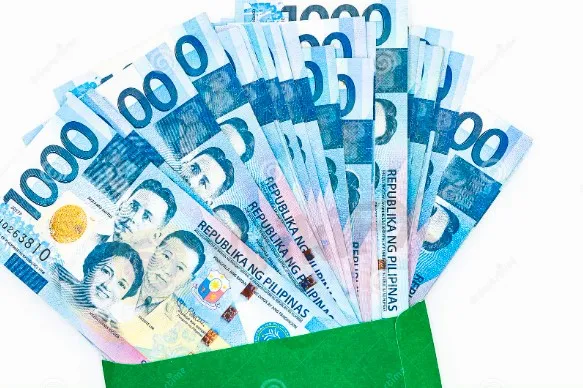简体中文
繁體中文
English
Pусский
日本語
ภาษาไทย
Tiếng Việt
Bahasa Indonesia
Español
हिन्दी
Filippiiniläinen
Français
Deutsch
Português
Türkçe
한국어
العربية
The Philippine Central Bank's modest rate hike raises bearish bets on the peso.
Abstract:Bearish bets on the Philippine peso increased as the central bank took a more cautious approach to tamping down inflation than its peers, while short positions on China's yuan eased following more stimulus and easing. COVID-19 restraints
Click Here: After you read it, Daily Routine with WikiFX
Short bets on the peso were at their biggest in at least four years amid concerns that the central bank's 25-basis-point boost this month won't curb inflationary pressures.
The peso has lost roughly 7% this year and is reaching a 16-1/2-year low.

The next governor of Bangko Sentral ng Pilipinas said the bank may contemplate greater rate hikes to strengthen the peso, but it won't match U.S. Federal Reserve policy tightening.
Bank of America analysts estimate a steady rate of tightening as the economy recovers and reopens.
Meanwhile, yuan bears receded on anticipation that removing COVID-19 limitations will boost the economy. The People's Bank of China hinted at accommodating policy, although its influence on the unit was modest.
The central bank restated its goal of making the yuan exchange rate more flexible and stable.
Short rupiah bets soared. Last week, Bank Indonesia kept rates at record lows and maintained a dovish approach, which analysts believe would weaken the currency.
The Indian rupee hit a record low on Wednesday amid fears about inflation, oil costs, and GDP.
Four-year high in rupee short positions.
Dealers favored Singapore's dollar. Singapore's primary consumer price index increased at its highest pace in almost a decade in May and is likely to peak around 4% in the third quarter.
Bearish bets on the South Korean won and Malaysian ringgit fell while Thai baht bets rose.
The Asian currency positioning survey asks analysts and investment managers about the Chinese yuan, South Korean won, Singapore dollar, Indonesian rupiah, Taiwan dollar, Indian rupee, Philippine peso, Malaysian ringgit, and Thai baht.
The poll uses net long/short positions from -3 to +3. +3 means the market is long U.S. dollars.
Non-deliverable forwards are included (NDFs).
Survey results (U.S. dollar vs. each currency):
Disclaimer:
The views in this article only represent the author's personal views, and do not constitute investment advice on this platform. This platform does not guarantee the accuracy, completeness and timeliness of the information in the article, and will not be liable for any loss caused by the use of or reliance on the information in the article.
Read more

The Impact of Interest Rate Decisions on the Forex Market
Interest rate changes determine currency attractiveness, influencing capital flows and exchange rate trends. Understanding this mechanism helps investors navigate the forex market effectively.

How a Housewife Lost RM288,235 in a Facebook Investment Scam
A 47-year-old housewife in Malaysia recently fell victim to an online investment scam, losing a substantial sum of RM288,235 after engaging with a fraudulent scheme advertised on Facebook.

A Trader’s Worst Mistake: Overlooking Broker Reviews Could Cost You Everything
In today’s digital age, reviews influence nearly every decision we make. When purchasing a smartphone, television, or home appliance, we pore over customer feedback and expert opinions to ensure we’re making the right choice. So why is it that, when it comes to choosing an online broker where real money and financial security are at stake many traders neglect the crucial step of reading reviews?

Interactive Brokers Launches Forecast Contracts in Canada for Market Predictions
Interactive Brokers introduces Forecast Contracts in Canada, enabling investors to trade on economic, political, and climate outcomes. Manage risk with ease.
WikiFX Broker
Latest News
The Withdrawal Trap: How Scam Brokers Lure Victims into Paying More
FCA to Investors: Think Twice Before Trusting These Brokers
Trump\s tariffs: How could they affect the UK and your money
Trump gambles it all on global tariffs he\s wanted for decades
TradingView Brings Live Market Charts to Telegram Users with New Mini App
Trump tariffs: How will India navigate a world on the brink of a trade war?
Interactive Brokers Launches Forecast Contracts in Canada for Market Predictions
Authorities Alert: MAS Impersonation Scam Hits Singapore
Stocks fall again as Trump tariff jitters continue
IG Group Acquires Freetrade for £160M to Expand UK Investment Market
Currency Calculator







